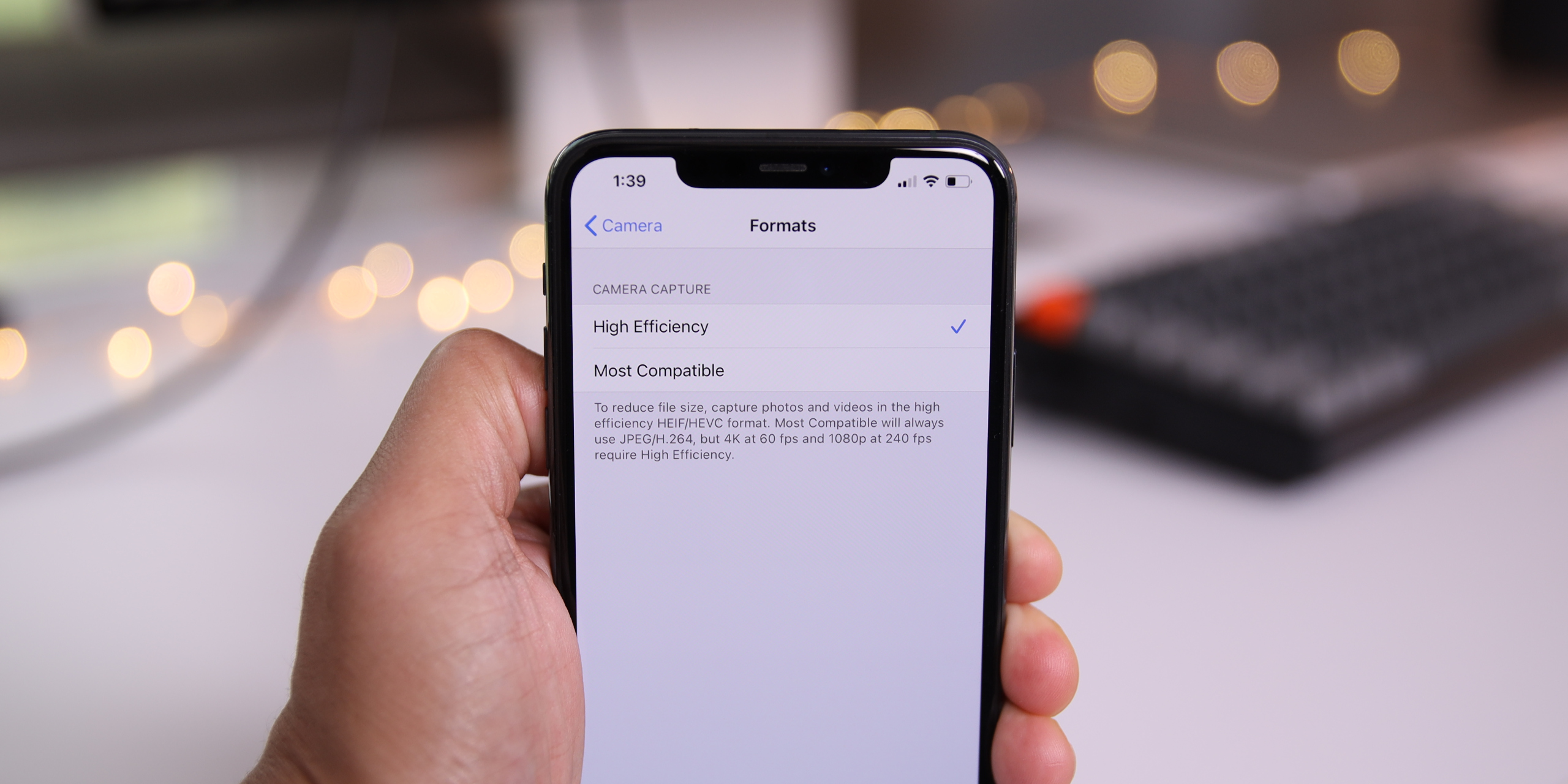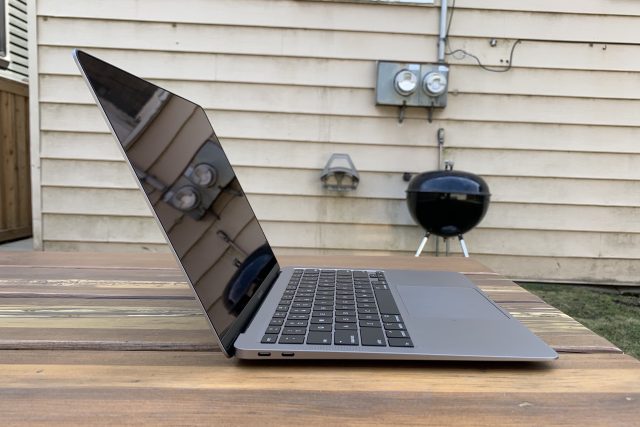Updated Dec 23. 2020
- Macbook Air 2017 For Coding
- Macbook Air For Software Development
- Macbook Air For Coding
- Macbook Air 2018 For Coding
The latest MacBook Pro from Apple is a brilliant laptop for programming on. It features Apple's own M1 chip, like the new MacBook Air, and this allows it to run apps with ease, and compile code quickly. The new Apple MacBook Air (M1, 2020) isn't just the best laptop Apple has ever made, it's one of the best laptops for programmers. This is my first Macbook Air, generally, I am using Macbook Pro but I requested Macbook Air from my newly joined company and they sent me. I am using the i5 version with 16GB RAM.
On November 10th, 2020, Apple revealed details of the M1 chip and announced a few updated computers in the Mac line-up that are built on the new Apple Silicon. What does this mean for Software Developers and Engineers? Should you get one?
The new models available are:
Ultimately, the best computer for software development is the one that fits the specification for your projects and desired workflow.

Let’s take a look at some points to consider when trying to decide if you should upgrade to the new MBP 13″.

Hardware
Macbook Air 2017 For Coding
Depending on the type of development you’re doing, your hardware priority may shift. To cover a wide range of development tasks consider the full-stack developer; working on a web app with a backend such as Java, Python, NodeJS, or Dart.
Development Considerations

- SSD Storage
- Memory / RAM
- GPU
- CPU
- Battery life

SSD
While developing for websites, mobile apps, or cross-platform apps, or interacting with files the number one priority is usually a lightning-fast SSD.
According to this post on Macrumors.com, one user noted that the SSD on their new Macbook Air was 2X faster than the SSD in the previous generation 2019 Macbook Air. The write speed increased from 1007MB/s to a 2190MB/s – that’s wild!
Considering that the SSD affects literally all parts of the development cycle, updating to the new M1 Mac may be a good choice if you currently use the Macbook Air.
If you assume that these findings scale (even if it’s only half as good) across the other models. The SSD that ships with the M1 Mac are not game-changers, but, would be a massive improvement to the QoL for a developer.
GPU and RAM
Next, the GPU and RAM are crazy important if you are manipulating media for the application, designing new screens/icons/images/logos, or rendering video content.
According to Apple, the GPU outperforms many of the competitor PCs in graphics capabilities. However, at this time the M1 architecture does not allow for the use of Apple’s eGPU to boost performance. Even without engaging the fans, the new M1 GPU cores outperform the previous generation of Intel graphics.
One issue with the M1 architecture is that it does not allow for connecting an external eGPU. This means that you won’t be able to super-charge your graphics performance for rendering or gaming in your off-time. If you wouldn’t use an eGPU anyway, then, the upgrade is worth it. Several sources show that the M1 is able to render RAW and 6k images on par with the previous generation 16″ MBP and Mac Pro.
The usability of Memory is very difficult to quantify at this time. With a 16GB maximum for all of the new Mac seems a bit weak. Previous generations of Macbook Pro supported up to 64GB of memory. If having a huge memory stash is important to your workflow, stick with the Intel variations.
Yet, with the new M1 architecture it may be possible for the MBP to use the 8GB more efficiently to achieve the same results a PC with 12GB or 16GB might. Because of the integrated architecture, memory usage with M1 is considerably more efficient. That being said, some have reported that the difference between the 8GB and 16GB M1 Macbooks did not make a significant difference in performance. Very weird.
iPhone users will be quick to point out that the current iPhone 12 has only 4GB of memory and performs just as fast as Android devices with 8GB+.
CPU
The speed of the CPU is important for development and the M1 architecture stands out with some impressive boasts of performance. The first-hand experience says that you can tell the new MBP is snappy while maintaining excellent battery life. Available threads that perform at a variety of speeds is excellent for development.
When comparing the M1 to the i7 1185G7, which is commonly used in PCs with an approximate price range of $1,100-$1,999, the statistics are very intriguing. To get a feel for the differences, take a look at the Cinebench and Geekbench scores.
| M1 | Intel i7 1185G7 | |
| Single-Core Score | 1,516 | 1,548 |
| Multi-Core Score | 7,698 | 6,263 |
| Single-Core | 1,778 | 1,518 |
| Multi-Core | 7,518 | 6,097 |
Considering that the performance is at least on-par with an industry-leading Intel chip, the M1 should be a solid competitor. oh, wait, one other thing. The M1 didn’t even turn on the fan for most of these tests, these results were achieved by using a fraction of the heat and a fraction of the power consumption. In some cases, the consumption was at must as 6x lower than the comparable Intel chip.
Worth the upgrade if you have an older generation Mac.
Battery
According to several reviews of the new MacBook Pro, while under the same conditions, the new generation shows a significant increase in battery life as well as a decrease in the overall temperature. Less energy wasted as heat.
When compared to the Dell 13″ XPS, a similarly powered and sized Pc, the battery life of the M1 MacBook Pro boasted over 16 hours of casual browsing; where the XPS has a decent but underwhelming 11 hours of browsing.
For strictly battery life, this isn’t a huge deal if you sit at a desk and plugin for development. But, considering how much cooler and quieter the MacBook runs, the battery is a win in my books.
Memory Revisited – Dual Boot
In some cases you may need to configure your MacBook with Dual-Boot or using Parallels and run Windows alongside MacOS. This is where the memory really becomes a stretch from a hardware perspective.
Macbook Air For Software Development
With optimized apps and Rosetta2 on Mac might make the M1 chip better utilize memory for MacOS like Big Sur, yet, Windows 10 will not have these optimizations. When you boot up into Windows, you’ve just got a Windows laptop with 8GB of memory…welcome back to 2014.
When using Parallels or VirtualBox vs a true dual-boot you run into even more of a memory issue as the memory needs to be shared between macOS and Windows, evenly splitting the RAM gives you what? …4GB… No thanks.
If running Windows in a VM is a requirement for your workflow, please, DO NOT GET AN M1 Mac – of any kind.
In the near future, as soon at Spring/Fall of 2021 you can expect that the M1X and M2 chips will become available. Along with this we can expect further improvements to performance as well as large capacities for RAM.
IDE Compatibility
Most existing applications that run on MacOS will continue to run on the new M1 chip, thanks to Rosetta 2. However, in order to get the most out of the new architecture apps need to be re-written into “Optimized Apps”.
Without being an optimized app, your current apps will – at best – perform the same as they do already. What does this mean for the IDE? Right now, only Xcode12 is optimized. Other IDEs are a work in progress.
VS Code – Optimized App?
As of now, VS Code has a defined outline for the upgrade to an “optimized app” for Apple silicon and Big Sur. Yet, still accessible through Rosetta 2. You can get a dev build of VS Code if you’re into that. Otherwise, you can follow the Github issue where the roadmap is defined.
Eclipse – Optimized App?
No. However, there are discussions within the project about what support for M1 looks like. Be careful because Eclipse does have a release name “M1” which should not be confused with Apple’s M1 chip, it does not imply support.
IntelliJ – Optimized App?
As of Wednesday November 11th, 2020, the IntelliJ team stated that they are in the process of optimizing the IDE for Apple Silicon. Yet, the IDE works with Rosetta 2.
Conclusion
At this time, I recommend that most developers should consider upgrading to the M1/M1X chips if you are currently due for an upgrade and you don’t require Windows.
However, if you’re considering getting the new MacBook Pro 13″, Mac Mini, or Macbook Air for software development and you require Windows or you are not in desperate need of an upgrade…don’t buy it.Wait for the next iteration of M1 or even M2 to come with the 16″ MacBook Pro.

The current set of devices that are available are a test for Apple. I will personally reconsider the M1 chip once the 16″ MBP, iMac, and Mac Pro are updated.
Macbook Air For Coding
In order to consider moving to the new Mac line-up Apple would need to do the following:
Macbook Air 2018 For Coding
- Allow for increased Memory/RAM (minimum 16GB, 32GB+ is preferable)
- Allow for the use of eGPU or seriously upgrade the encoders
- More non-Apple companies start creating builds for the latest Apple architecture
